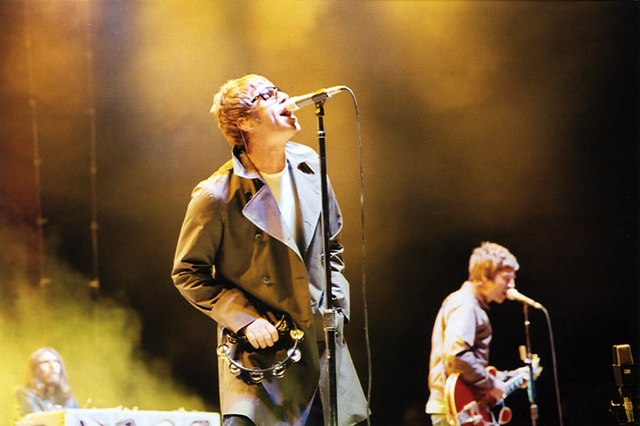(What’s the Story) Morning Glory: Oasis and their Economic Footprint

Have the ‘Godlike Geniuses’ Returned?
In the world of Rock n’ Roll, Britpop band Oasis has reformed for a reunion tour coming in the summer of 2025. After 15 years apart, frontmen and brothers Liam and Noel Gallagher have announced a tour that will span across the UK with stops in Cardiff, Dublin, Edinburgh, London and Manchester – the Gallaghers’ home town. As of September 30th, the band extended their tour to stops in Canada, Mexico and the United States, with dates in Australia set for October 31st to November 8th. As of October 5th, All UK and North America tour dates are sold out.
The Supersonic Economic Outcome
The global economy has seen a massive transition of revenue from recorded music sales to live performance tickets. This phenomenon was studied by the late economist Alan Krueger, fondly referring to the conceptual change as ‘Bowie Theory’. The concept illustrates immense growth in the GDP of small countries after a large tour, such as Oasis. With the UK being the second biggest country in music production alongside an already steep increase in Oasis’s online listening trends, there is sure to be a financial and economic impact past the 15 million pounds mark after Noel and Liam are through.
Thomas Pugh, an economist at RSM UK being interviewed by The Independent, stated the tour would “undoubtedly be a phenomenal sellout, which will also cause a spike in demand for accommodation and hospitality in those cities lucky enough to be hosting a gig. For example, Taylor Swift and the Foo Fighters saw hotel prices in Cardiff, which will also host an Oasis gig, rise by up to 500%.”
Tours like the Oasis reunion not only instate a multitude of new jobs, but globalize the band’s culture. There becomes a new cultural meaning to being English, and residing in Manchester, instilling a new sense of pride in the UK and its music industry. It can reinstate a sense of pride in the city and the UK as a whole, which Pugh believes has already begun.
Gallagher’s Rivalry: Make or Break?
With a report from the BBC estimating each brother will earn up to 50 million pounds, their return has become its own economic phenomenon and money maker. The infamous “will they, won’t they” sibling rivalry makes the tour all the more elusive, but also more tenuous. The band’s original breakup in 2009 was due to intergroup conflict, with frontman Noel Gallagher quitting the group in the midst of their world tour. Fans have bore witness to public outbursts from both brothers, and some today feel the tour won’t make it out of the UK.
Until that day, however, fans have been willing to bend to Ticketmaster’s wishes, and pay anywhere from £120 for nosebleed seats to over £500 for VIP packages. The Oasis website crashed at all three tour announcements, with Ticketmaster queues holding over 300,000 people for the UK leg alone. Fans trying to access presale tickets had to enter a lottery system and take a quiz based on Oasis trivia, answering questions about the band’s overarching timeline in the limelight. Even in the presale queues, 20,000 eager online buyers spent upwards of three hours waiting their turn.
This trend of inelastic demand, meaning a consumer will most likely pay over what the good is theoretically worth since the demand is that high, makes the future of concert tickets a sacred prize of allegiance and fandom. And this is one prize that can only be sold to the highest bidder – a fact that sites like Ticketmaster know and exploit.





